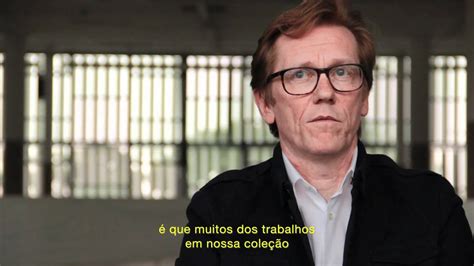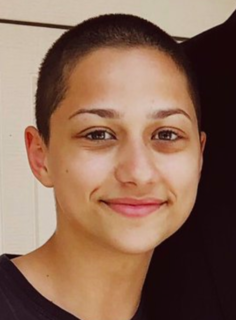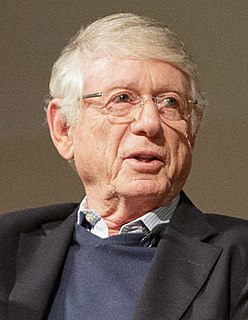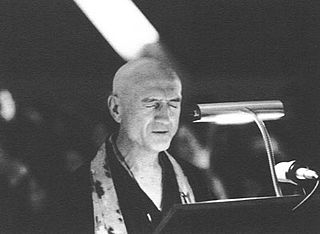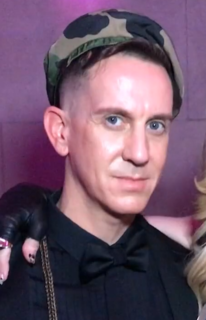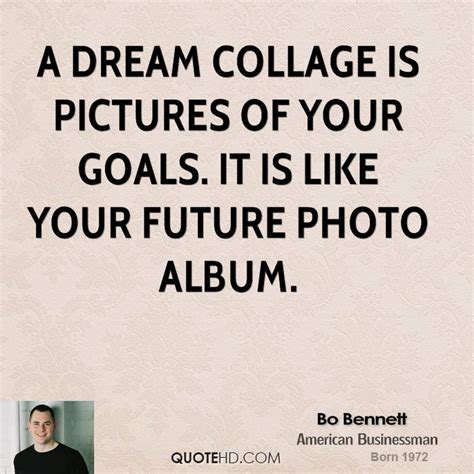A Quote by Ann Voskamp
There are two kinds of doubt: one that fully lives into the questions, and one that uses the questions as weapons against fully living.
Related Quotes
There's a shift of these young artists who have been brought up, educated, with these media around them. If you have a question, if you have a doubt, you go to the Internet, for example. And you will get thousands of answers to your questions. All of this will proliferate more kinds of questions and more kinds of answers.
Our jobs determine to a large extent what our lives are like. Is what you do for a living making you ill? Does it keep you from becoming a more fully realized person? Do you feel ashamed of what you have to do at work? All too often, the answer to such questions is yes. Yet it does not have to be like that. Work can be one of the most joyful, most fulfilling aspects of life. Whether it will be or not depends on the actions we collectively take.
Look, fundamentally there are two sets of questions that apply in the war against terrorism. The one set of questions deals with the, "Where is it going to happen? What's going to happen? When is it going to happen?" The other set of questions deals with, "What is it that our enemy, the terrorists, are trying to achieve?" What are they trying to induce us to do?
It would seem to me... an offense against nature, for us to come on the same scene endowed as we are with the curiosity, filled to overbrimming as we are with questions, and naturally talented as we are for the asking of clear questions, and then for us to do nothing about, or worse, to try to suppress the questions.

